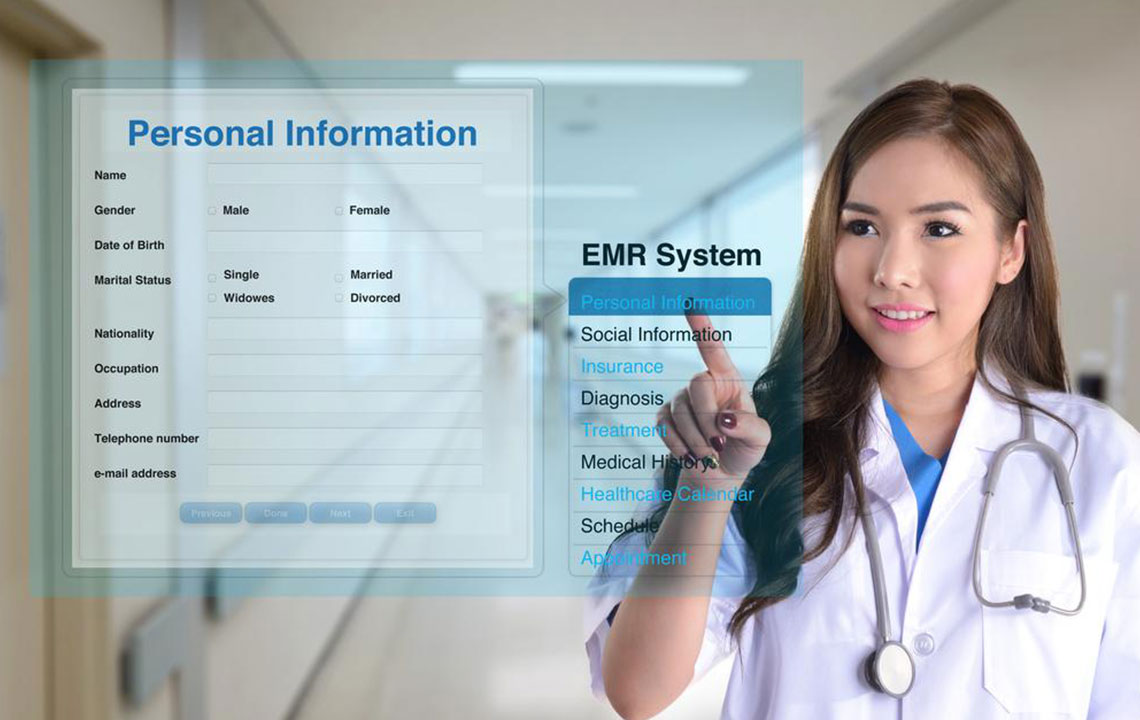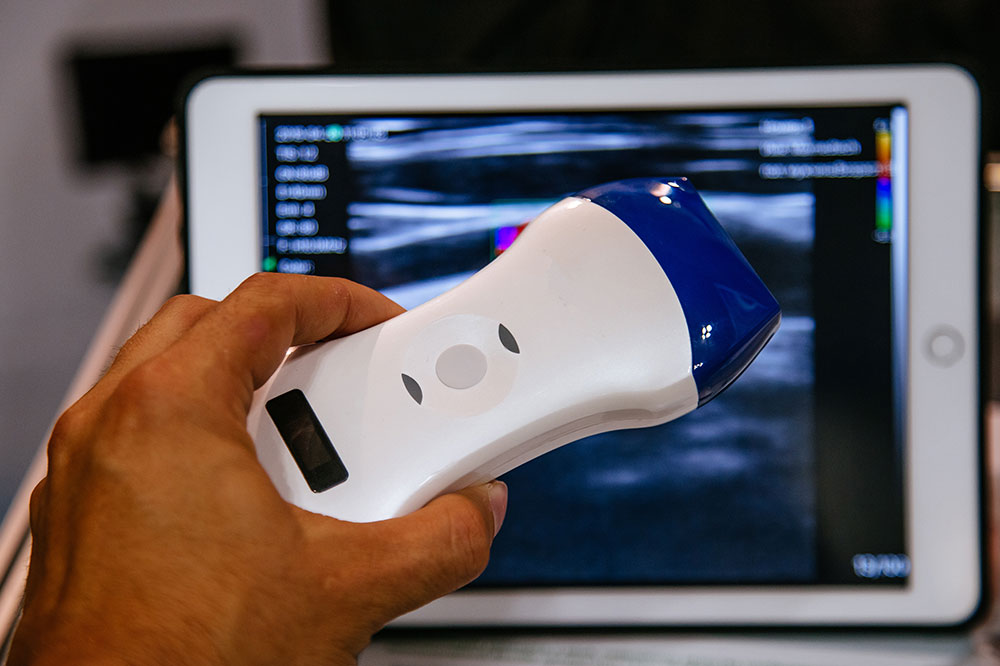Revolutionizing Healthcare Records Through Electronic Medical Records (EMR)
This article explores the transformative role of Electronic Medical Records (EMR) in healthcare. It highlights how EMRs streamline patient data management, improve service quality, and offer significant financial and time-saving benefits. With ongoing advancements in data security, EMRs are essential for modern clinics seeking efficient and reliable record-keeping. Implementing EMR systems enhances patient safety, reduces costs, and boosts operational efficiency, marking a major technological advancement in healthcare management.

Revolutionizing Healthcare Records Through Electronic Medical Records (EMR)
Over recent decades, digital technology has transformed numerous industries, and healthcare is no exception. Modern clinics and hospitals now favor electronic systems over traditional paper files for storing patient information. The Electronic Medical Record (EMR) system digitizes patient data, streamlining record management and accessibility.
An EMR is a digital replica of a patient’s paper record, allowing healthcare providers to efficiently monitor and access patient history. Each patient has a dedicated electronic chart accessible across facilities, enhancing continuity of care.
In summary, EMRs facilitate efficient storage, quick retrieval, and seamless tracking of patient information.
Advantages of Implementing EMR Systems
While some practitioners have raised concerns regarding data security and privacy, ongoing software updates aim to address these issues. Nonetheless, the numerous benefits of EMRs significantly outweigh the challenges.
Highlighted below are key advantages of transitioning to an EMR-based system.
Cost Efficiency
Transitioning from paper-based records to EMRs reduces overhead costs related to storage, maintenance, and risk of physical damage or loss. Digital records are preserved securely and are less vulnerable to deterioration.
Time Savings
Accessing patient data with EMR technology takes seconds, unlike manual searches through paper files, enabling quicker decision-making and improved workflow.
Enhanced Patient Care
EMRs eliminate handwriting errors and ambiguities, ensuring accurate information for diagnosis and treatment. This results in safer, more reliable healthcare services.
Adopting EMR systems has substantially impacted the healthcare industry. For clinics aiming to remain competitive and efficient, embracing digital records is essential.










